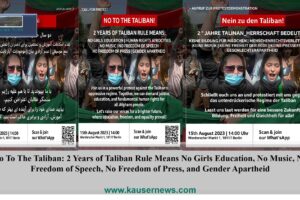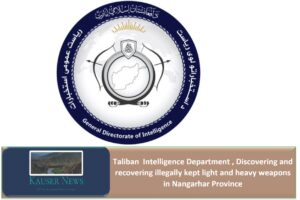Khatiba Imam Al-Bukhari (KIB) is a jihadist organization that was formed in 2011 by fighters who had split from the Islamic Movement of Uzbekistan. The group was originally based in the Afghanistan/Pakistan border area but has since relocated to Syria. As of 2018, KIB is based in Khan-Shaykhun, a town in the Idlib Governorate of Syria.
KIB’s ultimate goal is to establish an Islamic state in the areas where it operates and to impose its interpretation of Islamic law. The group takes its name from Imam Abu Yusuf Al-Khattab, also known as Imam Al-Bukhari, who was a ninth-century Islamic scholar and hadith collector.
KIB has been designated as a terrorist organization by the governments of the United States, Russia, and Uzbekistan, among others. The group has been responsible for a number of violent attacks in Syria, including suicide bombings and assassinations. KIB is believed to have close ties with the Taliban, Al-Qaeda, and other Islamist extremist groups.
The group has been known to recruit fighters from Central Asia, particularly from Uzbekistan and Tajikistan. KIB has also recruited fighters from other countries, including Russia and China. Many of these fighters are believed to have traveled to Syria to join KIB’s jihad against the Syrian government.
KIB’s operational zone in Syria is spread across the provinces of Idlib, Aleppo, and Hama. The group has been accused of carrying out attacks on Syrian government forces and civilians. In addition, KIB has been involved in clashes with other jihadist groups operating in Syria, such as Hayat Tahrir Al-Sham.
Overall, KIB remains a relatively small and less well-known group compared to other extremist organizations in the region. However, its ties to other Islamist groups and its presence in Syria make it a potential threat to regional stability and security.
According to some reports, KIB is believed to have a presence in the Afghanistan/Pakistan border region in addition to its operations in Syria. However, the extent and nature of its activities in that region are not clear. It is possible that the group maintains links to other Islamist extremist groups in the area, including the Taliban and Al-Qaeda, given its previous ties to these organizations.





